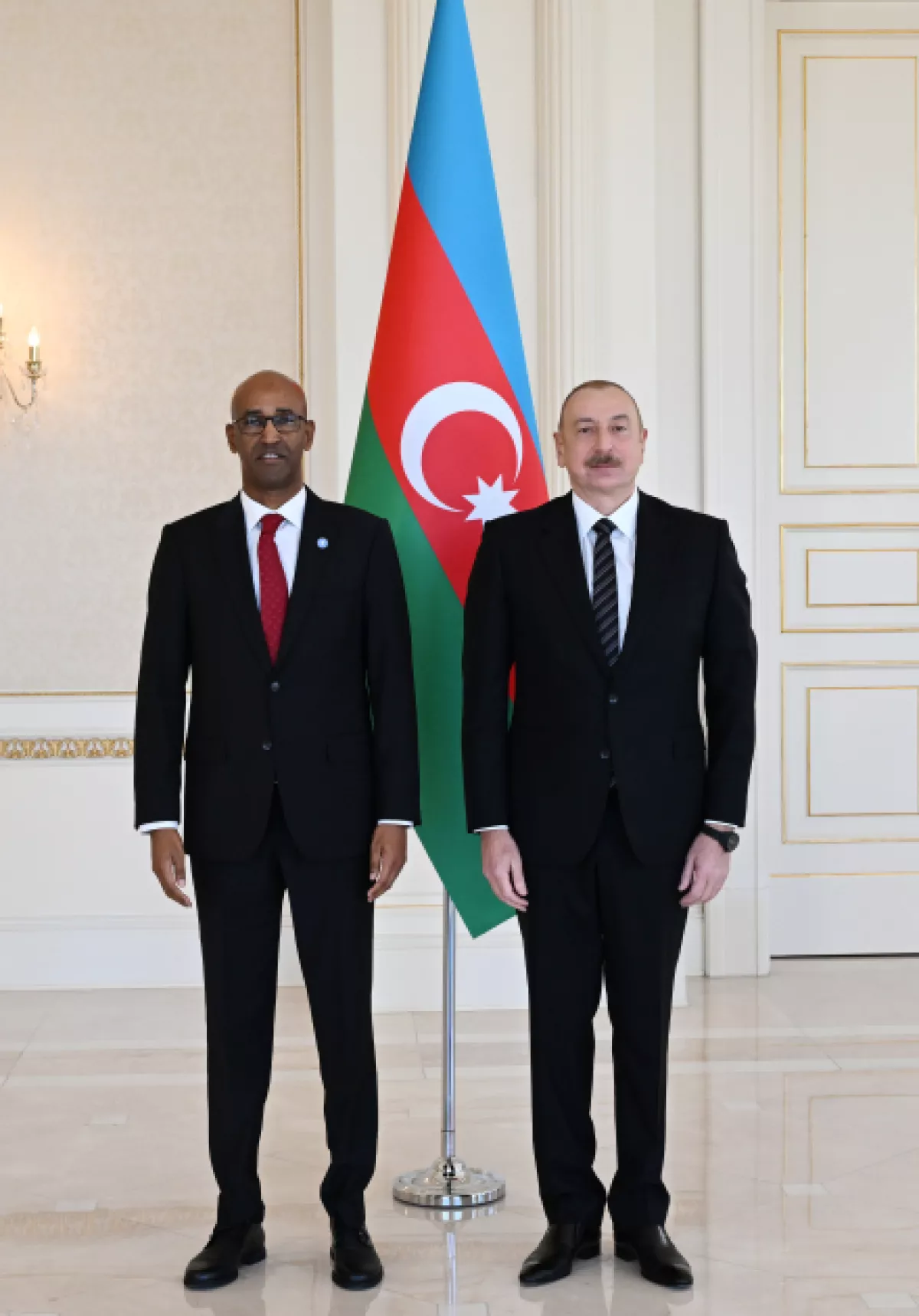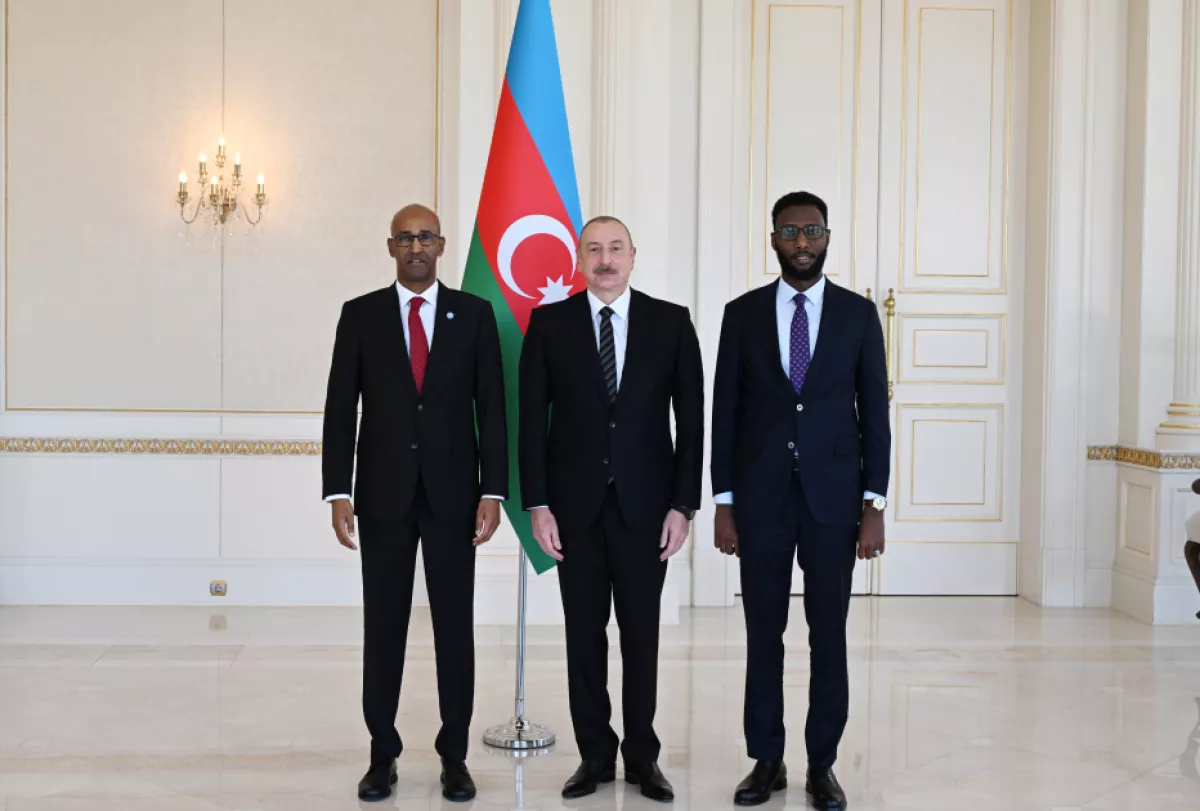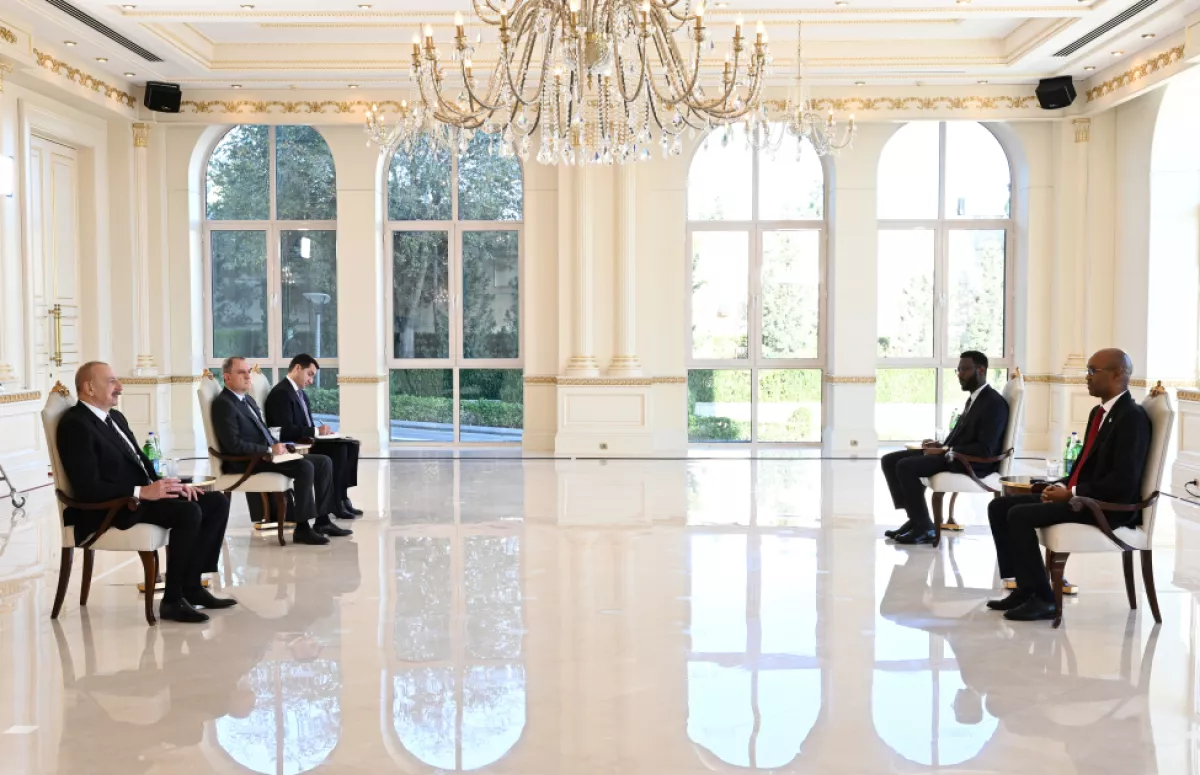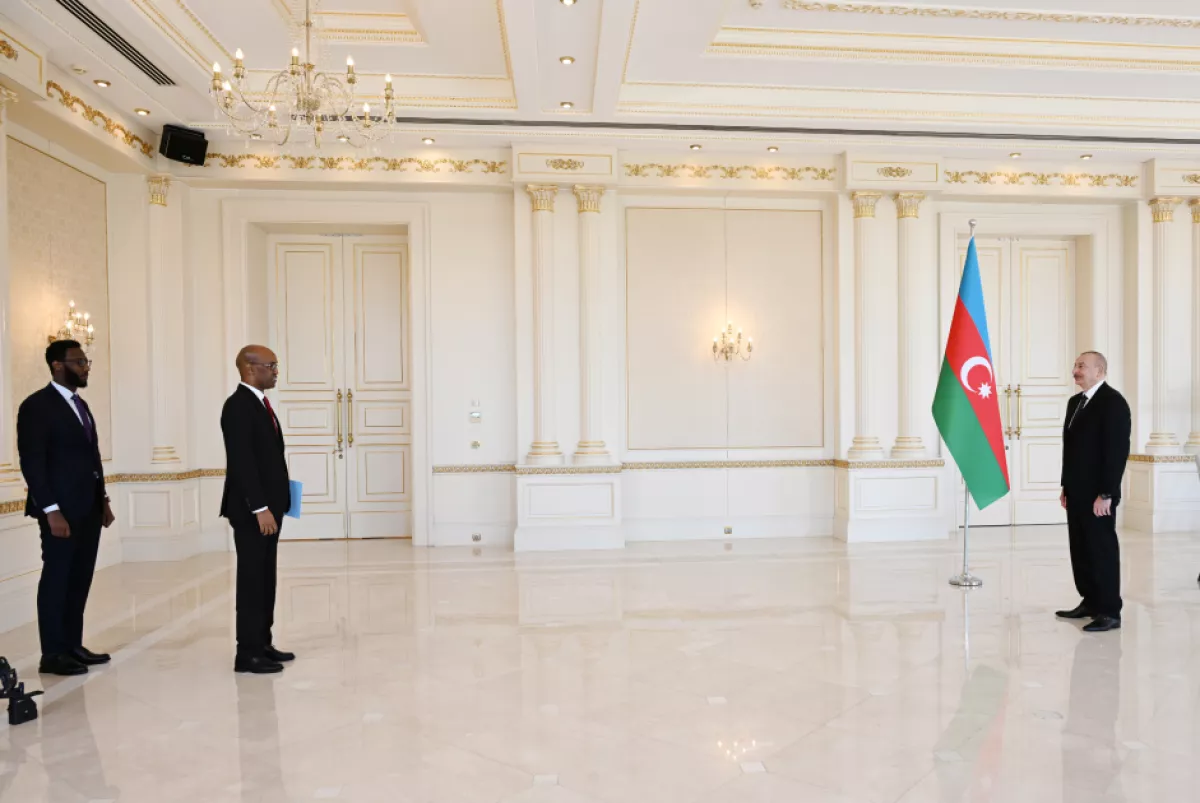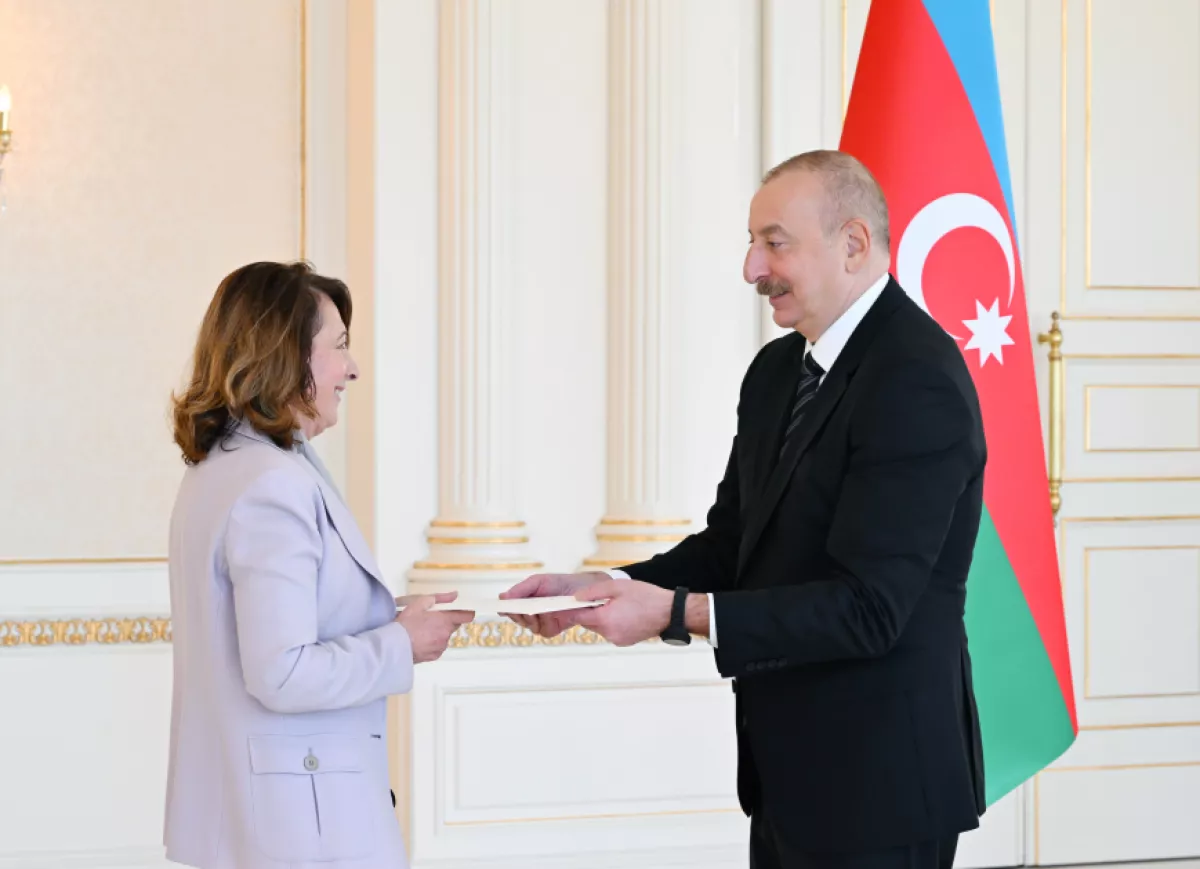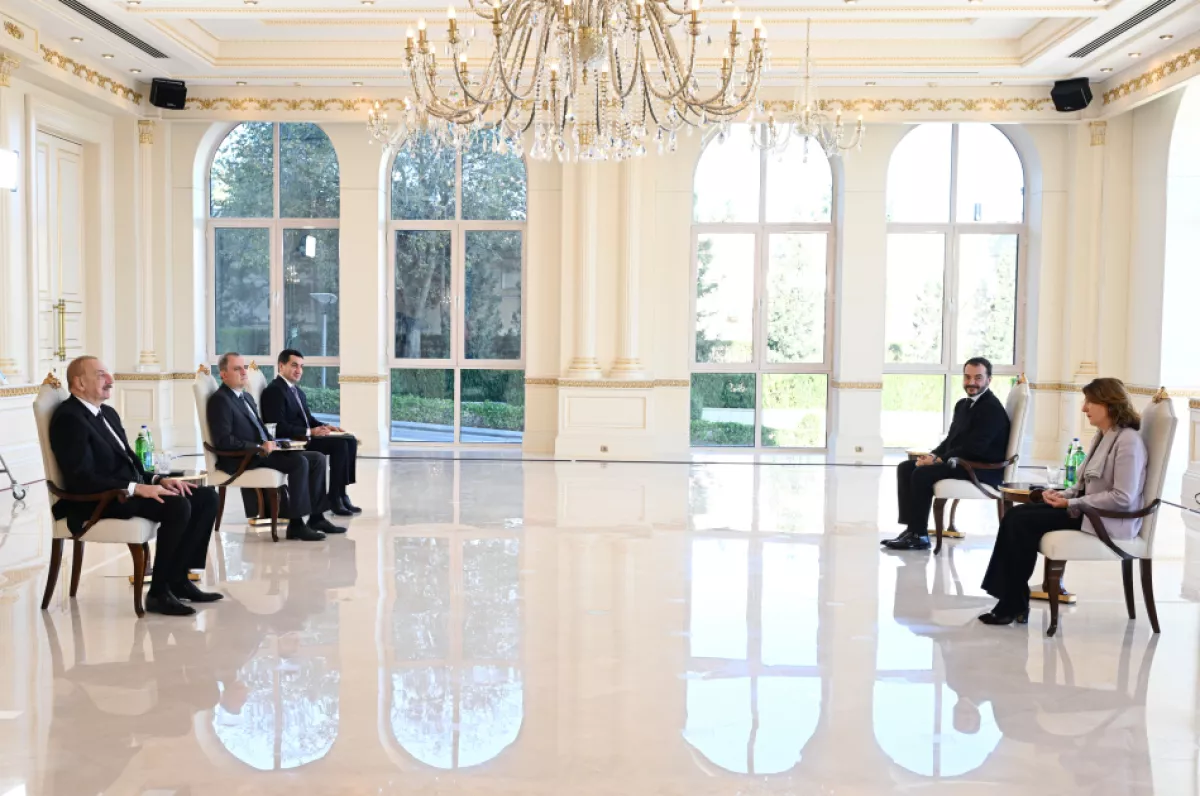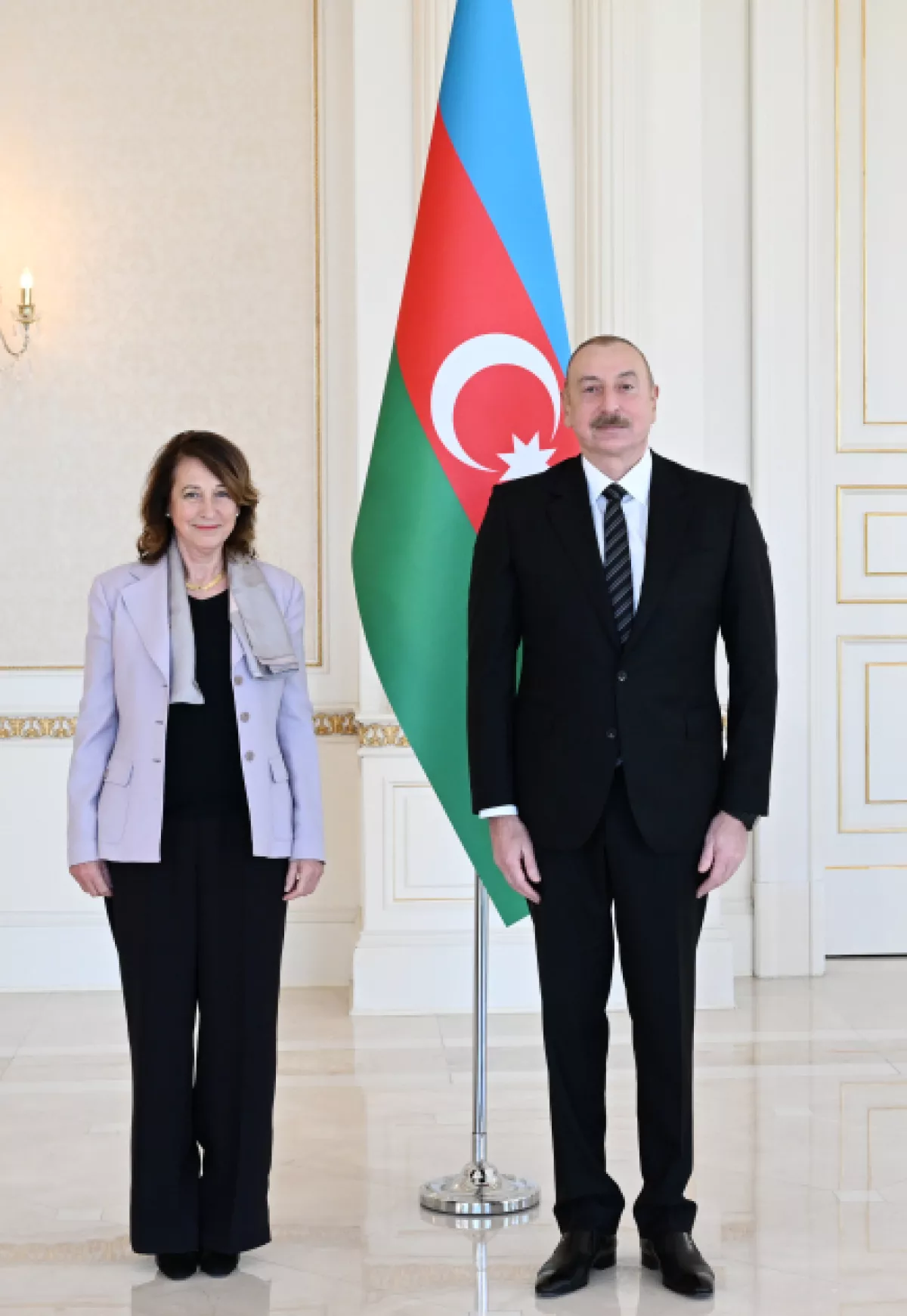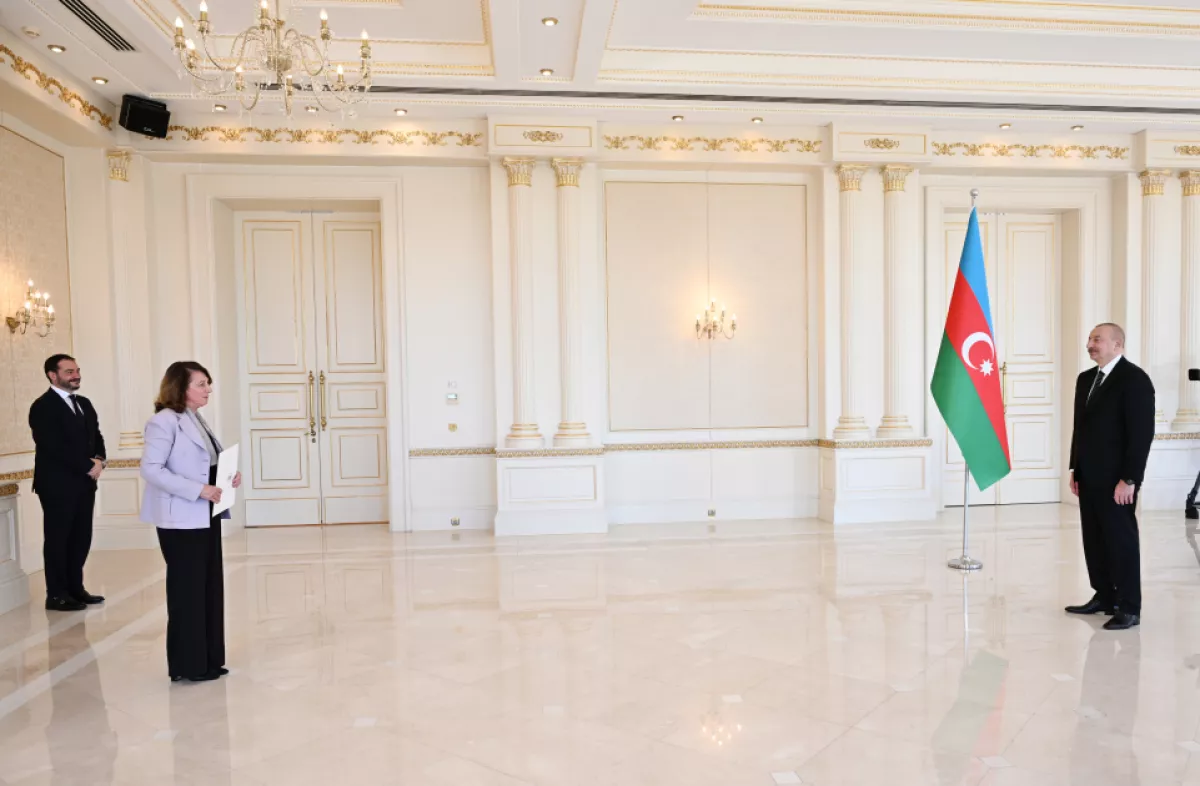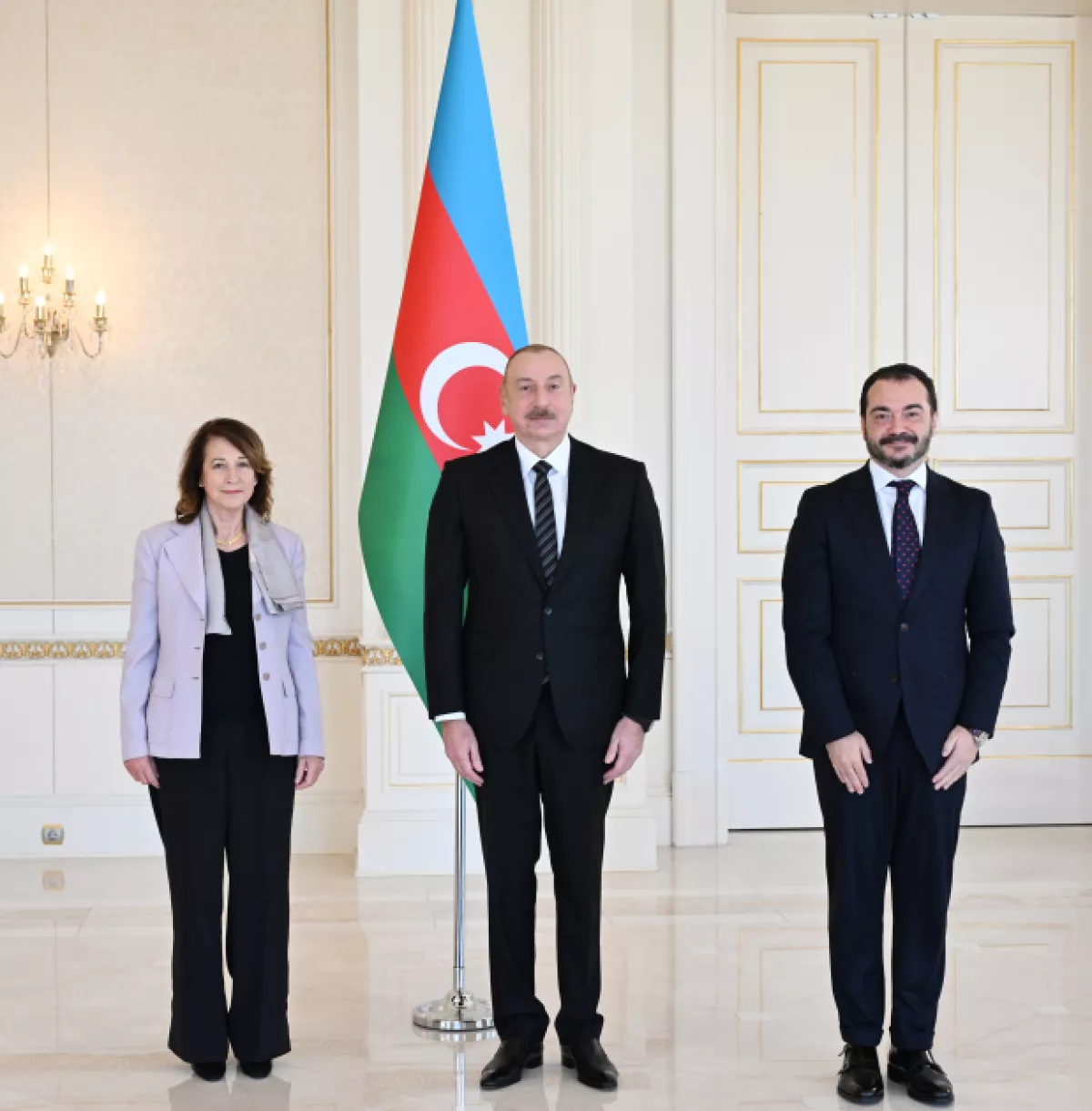President Aliyev accepts credentials from Somali and Spanish ambassadors PHOTO
On November 1, President Ilham Aliyev of Azerbaijan received the credentials of two new ambassadors: Fathudin Ali Mohamed from Somalia and Cristina Latorre Sancho from Spain, marking significant diplomatic engagements for the nation.
During his meeting with Ambassador Mohamed, the newly appointed envoy underscored the importance of COP29, which Azerbaijan will host, Caliber.Az reports, citing the Azerbaijani president’s press service.
He expressed gratitude for this opportunity and confirmed that Somalia’s President would attend the summit, which he believes will enhance bilateral relations between the two countries.
The ambassador noted the strengthening of cooperation, particularly in science and education, reminiscing about the historical connections formed during the Soviet era when many Somali students studied in Azerbaijan.
President Aliyev acknowledged the vast potential for expanding cooperation across various sectors, including trade and economy, and highlighted the importance of continued contact at multiple levels.
In a separate meeting with Ambassador Sancho, President Aliyev expressed his condolences for the devastation caused by severe floods in Spain’s Valencia region, reiterating his support through a letter sent to Spanish Prime Minister Pedro Sánchez.
The ambassador thanked him for the condolences and praised Azerbaijan’s leadership in hosting COP29, indicating the Spanish government’s appreciation of Azerbaijan’s commitment to combating climate change.
President Aliyev reassured the ambassador that, despite the limited time frame for preparing for COP29, Azerbaijan is dedicated to ensuring a successful event. The meeting also focused on the anticipated visit of Prime Minister Sánchez to Azerbaijan, the first of its kind, with both sides optimistic that it would invigorate bilateral relations.
Both discussions emphasised the expansive possibilities for collaboration between Azerbaijan and both Somalia and Spain, particularly in trade, tourism, and energy, as well as the strategic advantages offered by the Middle Corridor for enhancing connectivity with regional partners.
By Aghakazim Guliyev




